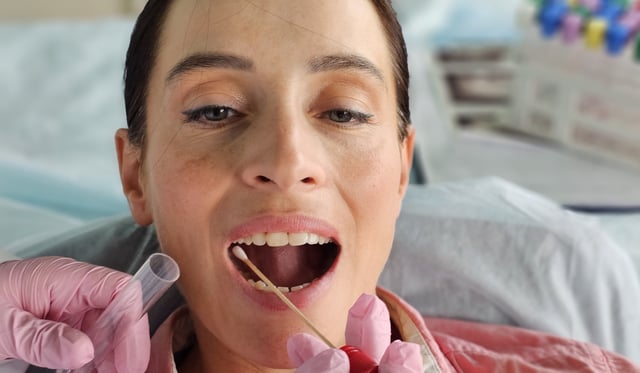Overview
- Experts report that many direct-to-consumer menopause services are unnecessary and can reflect commercial bias rather than evidence-based guidance.
- Guidelines from the British Menopause Society, NICE, ACOG, The Menopause Society, and the Endocrine Society support clinical diagnosis in symptomatic women over 45 without routine hormone testing.
- Hormone panels marketed for ‘individualizing’ therapy can cost hundreds of dollars yet do not predict who will benefit from treatment, the timing of the final period, or when contraception can be stopped.
- Custom compounded hormone regimens promoted after testing are not regulated like licensed therapies, lack robust efficacy and safety data, and may increase endometrial risks due to inconsistent dosing.
- The authors urge clinicians to prioritize patient history, shared decision-making, and proven treatments, cautioning that popular supplements often lack high-quality evidence.
